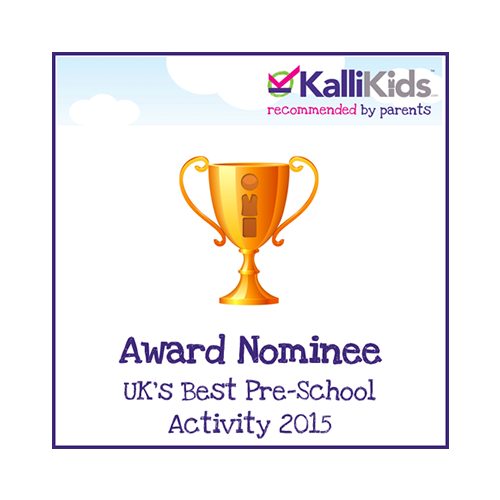If you’re a new mum reading this through blurry eyes, clutching your fifth cup of tea (cold, obviously), and wondering if you’ll ever feel rested again—welcome to the club, the Tired Mum Club. We see you. We are you. And no, you’re not the only one dreaming of a full night’s sleep like it’s the […]
How Sensory Play Supports Baby Development: The Raking Grasp As parents, it’s natural to want to give your baby the best start in life, especially when it comes to their development. At Adventure Babies, we take pride in creating play activities that are not only fun and engaging but also carefully designed to support crucial […]
When you think of “core strength,” you probably imagine gym-goers smashing sit-ups or balancing on yoga balls. But guess what? Your little squish is already working on their core—no gym membership required! Yep, your baby needs solid core strength to master all the big milestones like sitting, crawling, and walking. So how can you help? […]
Ever watched your baby lock eyes on a toy, wiggle their little fingers, and stretch out to grab it? These moments aren’t just adorable—they’re key milestones in your baby’s development. Tracking and reaching out are like a mini workout for your baby’s brain and body, helping them grow in so many ways. What Is Tracking […]
So, you’re ready to introduce real food to your baby? Say goodbye to the simple days of milk and hello to the wild world of purees, finger foods, and toddlers finding the best way to throw vegetables. Let’s dive into what a day’s worth of food might actually look like as your little one ventures […]
When it comes to baby skin, we imagine soft, smooth cheeks, not dry patches or irritated spots. But for many parents, eczema in babies is a real (and frustrating!) part of early life. Here’s a simple breakdown of what eczema is, what causes it, and what you can do to keep your baby’s skin as […]
When we talk about “learning through play” for young babies, it’s not just a cute phrase—it’s a fundamental approach to helping babies make sense of the world. At Adventure Babies, we embrace this concept fully, crafting experiences that are fun, engaging, and packed with developmental benefits. Let’s explore what learning through play means, why it’s […]
The expression “happy baby” isn’t just a cute hashtag; it’s essential to a baby’s growth and development. Joy plays a surprisingly powerful role in helping babies thrive, shaping their emotional, social, and even physical health. Let’s explore why joy is so impactful in a baby’s life and dive into some ways to make each day […]






